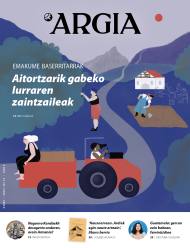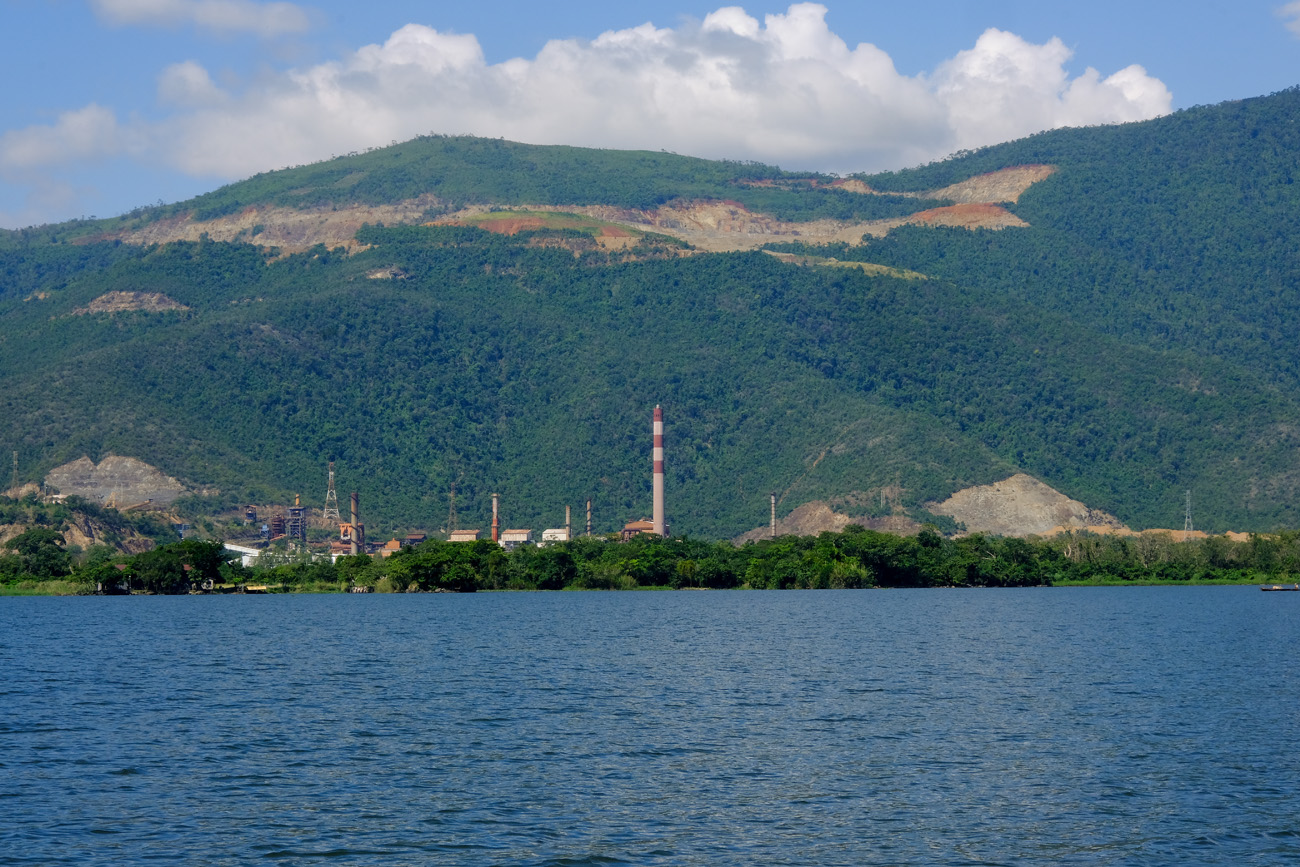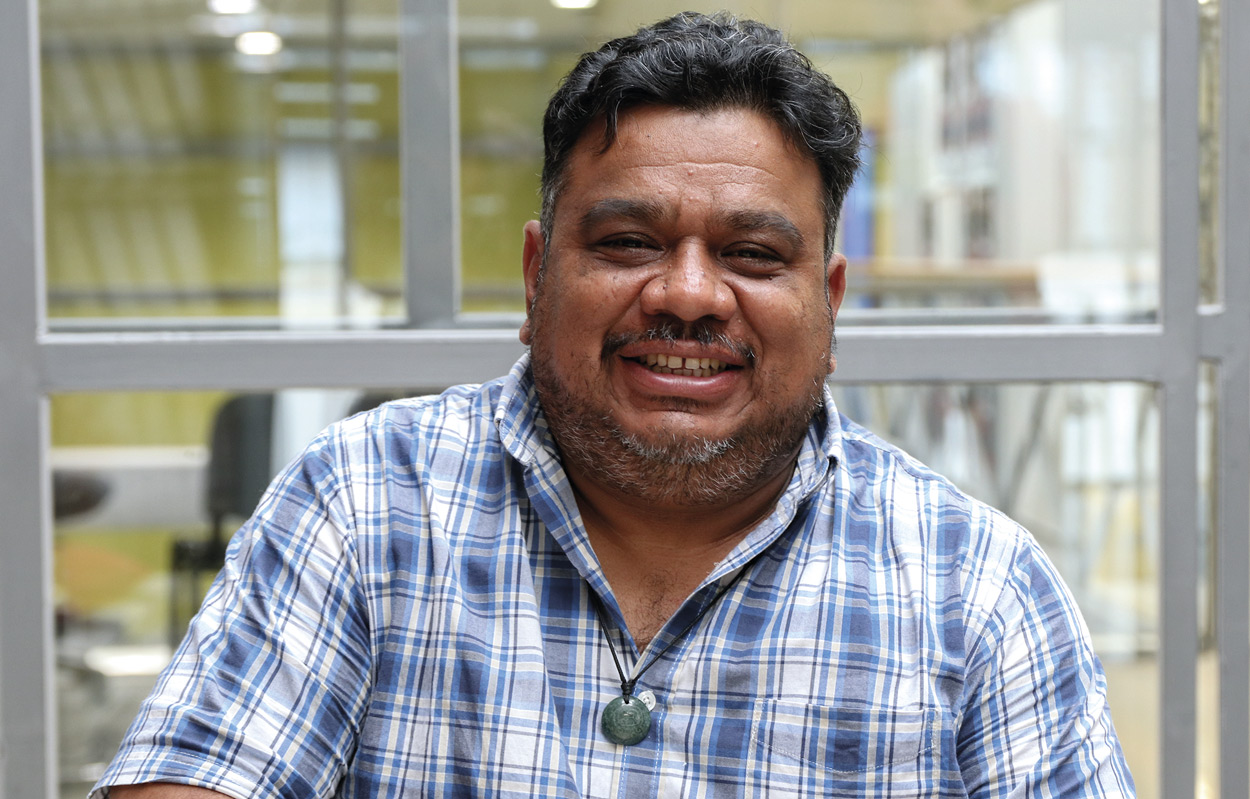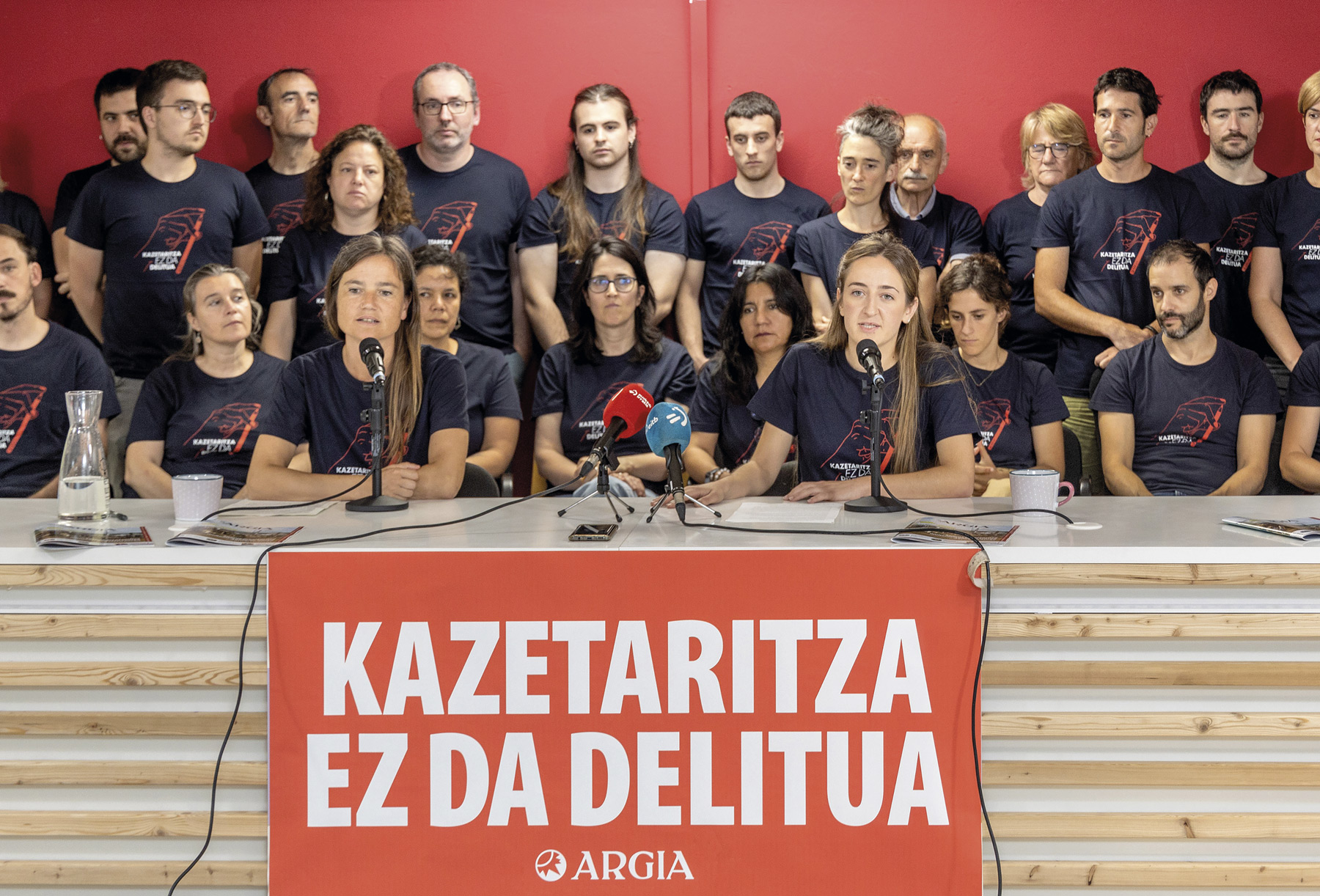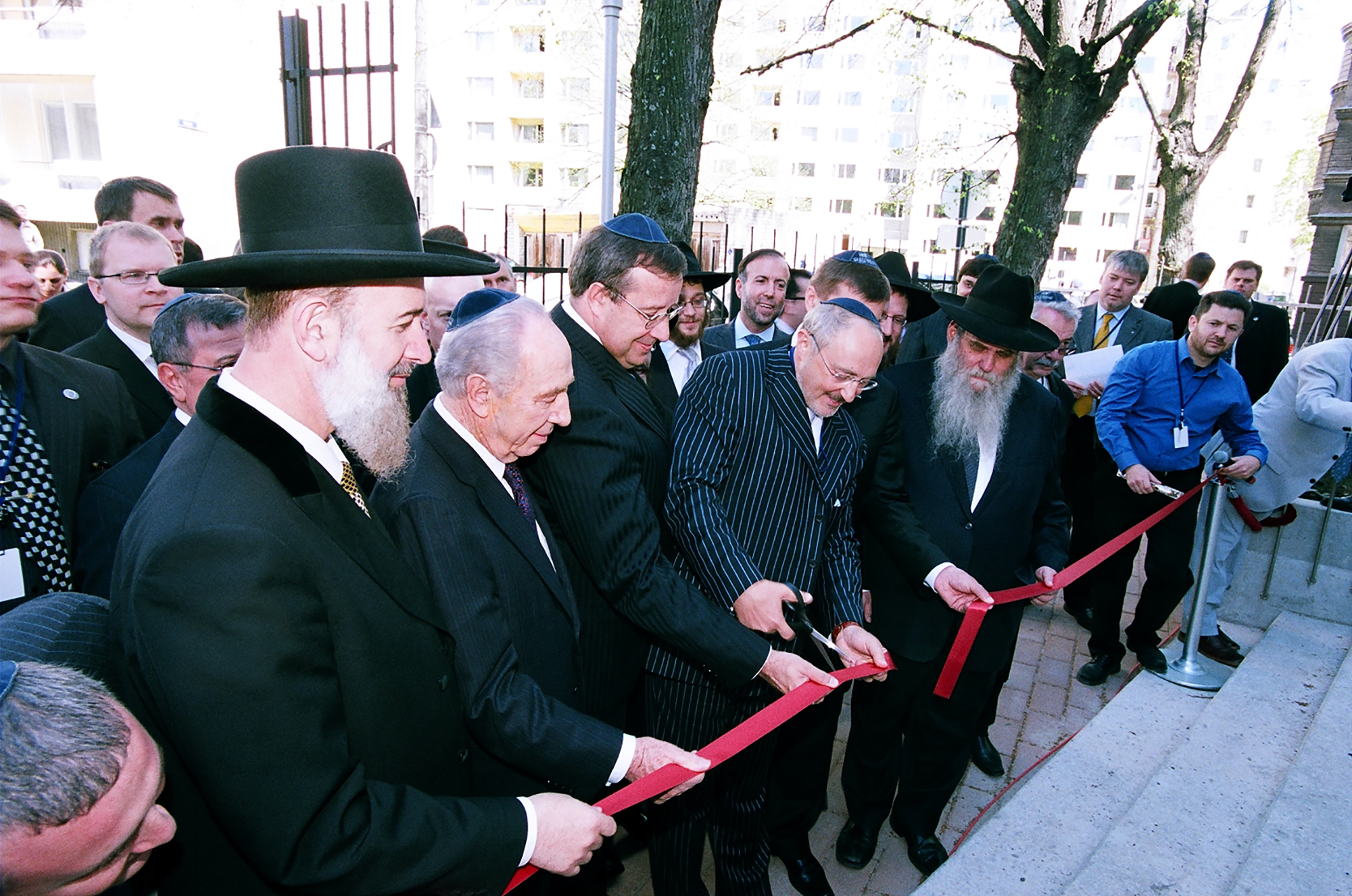“Violence against women is the only weapon not left”
- Cristina Chiquín Rodríguez communicates through the photographs: What is being a Guatemalan woman? In his search is the exhibition that he has presented in Bilboko Bira kulturgunea, The Search, a sample of the book of the same name. For the second time he has come to Euskal Herria through the NGO Lagun Artean.
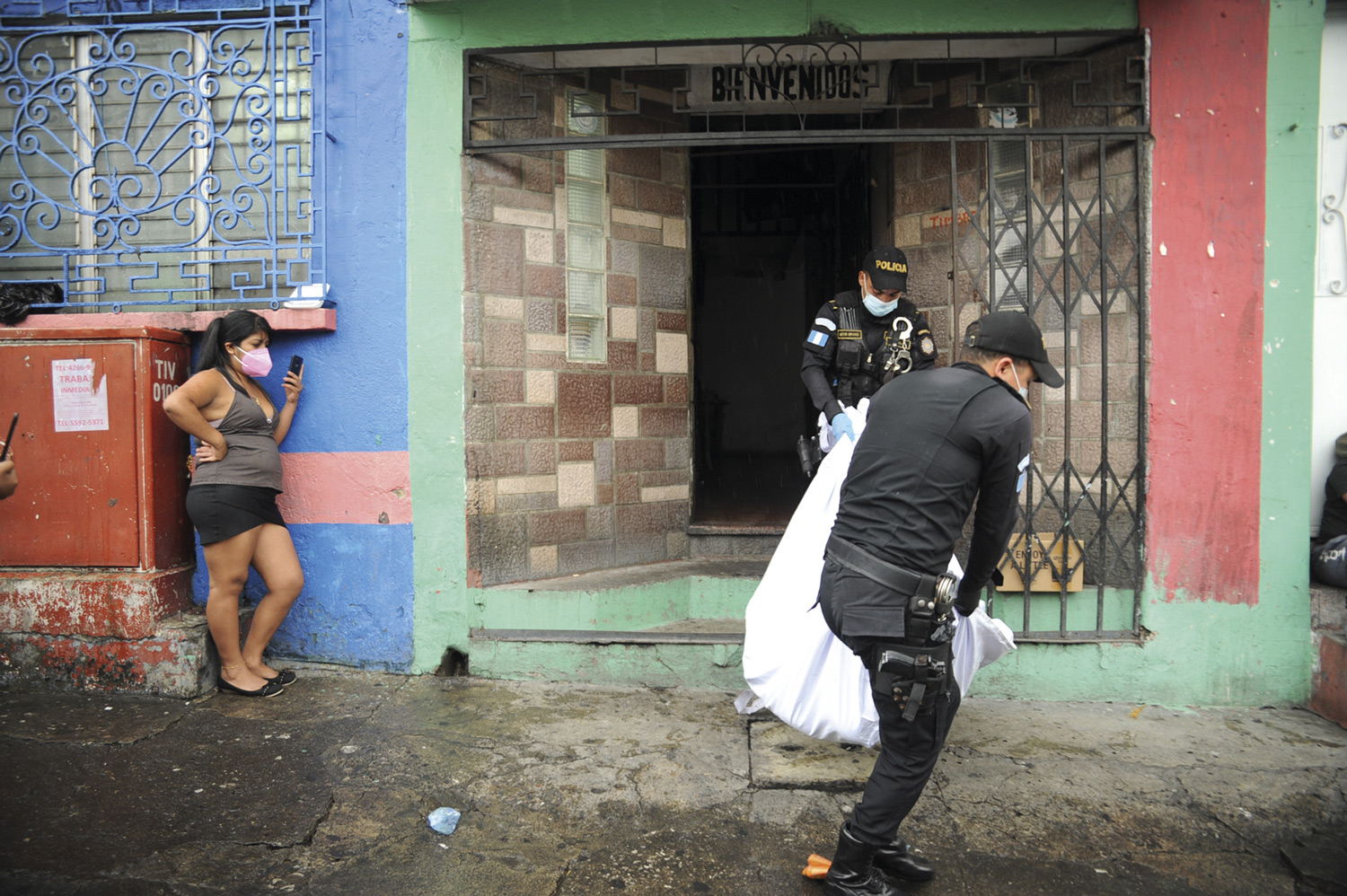
Guatemala is at a difficult political moment. In the August elections, Bernardo Arévalo of the Seed movement won the elections, “Young people wanted above all something different, a change,” says Cristina Chiquín. However, the right does not accept the results and tries to challenge them through the courts. Árevalo should take office on January 14, but “anything can happen.”
Dead and graves
In Guatemala, 19 million people live, half of them from the 24 countries of origin. From 1960 to 1996 there was a bloody civil war: 200,000 deaths, 45,000 missing and 100,000 displaced, there are still many common niches to expand. In 1998, the Historical Clarification Report (REMHI) was published, directed by Mr. Juan José Gerardi. Two days after the publication of the report, three military personnel of the Chairman ' s staff were convicted of the murder of the same warrior.
After interest of EE.UU. and United Fruit Company during the war, today “The United States is interested in Guatemala being a funnel for migrants, as well as the interests of European hydropower, mines and oil.” Chiquín denounces the change of the European Union: “Despite their support for human rights organizations, they now support the government to fight terrorists, who are the terrorists? People who defend their territory.”
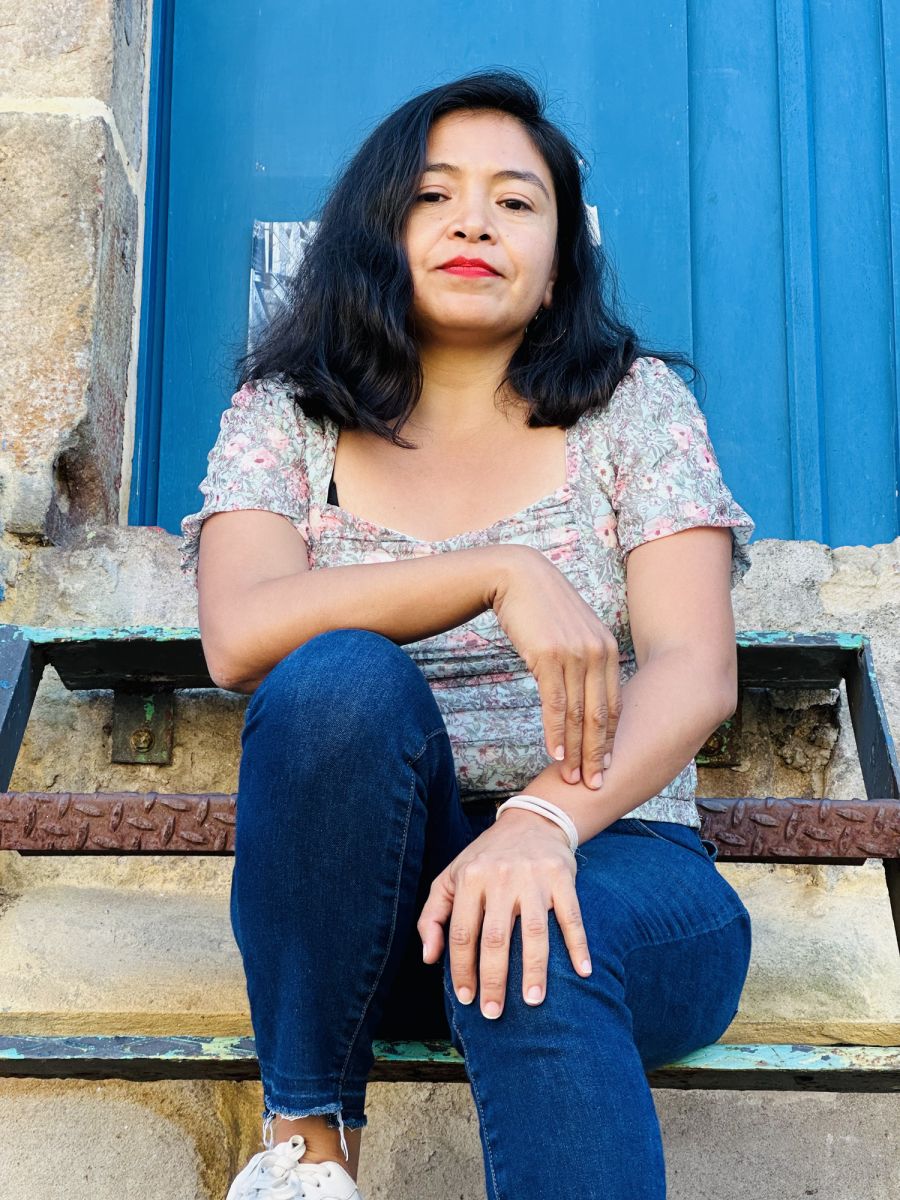
Cristina Chiquín
Little girl knew the war with her sisters studying at the university. He was born in 1983, one of the worst years of the war, but in the city there was no talk of war, as “they could make it disappear”. Remember that at the age of 10 I was born the awareness of Rigoberta Menchú and Ricardo Falla Jungle Massacre.
With the new century he approached human rights groups and from the guerrillas to the political party to the organization Unidad Revolucionaria. Instead of going to college, he started working in Huehuetenango through human rights organizations: “The hydroelectric companies and the mines were becoming aware of the land, we gave them information to decide what they wanted to do in the community, because they have the right to defend their land.” She ran two feminist radio shows and took photographs. “Sometimes you see behind the camera things that don’t come so easily with words, one day I started feeling that.”
Before, however, there was a process of deconstruction or mislearning: “We go from the city thinking that we are community savers, then you realize that there is an organization there, that people know its territory, its life, what has happened to them. There I studied a lot, that was my school.” Hence the search: “Mine, the female.”
In the search for identity he also mentions the time when he left Guatemala and lived in Barcelona for a year and a half: “There, unlike what I knew until then, I knew exclusion and racism by my body.”
.jpg)
The search
“A dark niche appears on the cover of the book but with two candles lit. The search for peoples begins in a niche through women: their identity, their memory, the truth, seeking a direction, a better country, not to happen again. And for me that too, I'm part of this people, and I see pain and suffering, but also tenderness, love, resistance and struggle. What does it mean to have a Guatemalan impoverished woman with a different mindset in such a violent country? For me, photos are a way to find me.” After working with so many victims, “I’ve been almost like a medium, sometimes I talk to the dead through their relatives. For ten years, for many months, listening every day to the sexual violence suffered by women, it is heavy, your role is to bear witness, your pain passes to you.”
In 2013, charged with genocide against the Ixíl people and crimes against humanity, the coup d'état was launched against the military coup d'état José Efraín Ríos Montt and José Mauricio Rodríguez Sánchez. Although the result of this process was agrisweet – Ríos Montt was found guilty but deceased at home and José Mauricio Rodríguez was acquitted – it was important to initiate this type of process and show the violence suffered in Guatemala and abroad. Next came other processes: Achí and Kekchí, for example.
.jpg)
Women in photos
With the crushed land strategy, all the men in the community were killed and “violence against women was used as a weapon of war, from the seven-year-old girls to the old ones,” explains Chiquín. The women’s body says it was a “war booty” and was used both for domestic tasks and for slave sex. “Sometimes they have explained it as an uncontrollable sexual need of soldiers, but we are talking about a political massacre. Women are the center of the community, and their raped bodies involve total looting and loss of honor from the community, speaking patriarchal.”
The photographer states that women symbolize life and that it derives the form the attacks take against them: cutting breasts, raping them on corn before fellow citizens (maize is the main food of communities and the cultural axis, “with what they intend to end the idea and honor of their life”). Many women were pregnant with the military, “and the children born were children of war, the shame of the woman and the community.” Many women were displaced and displaced in the communities.
Drama that reached the city, such as the case of Rogelia Cruz, Miss Guatemala of 1959. “Because of her left tendency she was raped and murdered and her body appeared without breast on a street in Guatemala City.” But how do
you imagine genocide in the pictures? “Iraq or the war in Afghanistan are images that move us, because we're stung to see tanks and bombs. When I make a picture I take advantage of the context: a forest appears, a path, a beautiful place, what happened? There appeared the raped body of a two-year-old girl.” In the book the photos of the dead are held alive, or in a protest, or hugged, or ...
From weapon of war to femicide
“Violence against women is the only weapon not left.” The phrase Chiquín borrowed from the Colombian war is valid in Guatemala, where peace arrived in 1996, but the violence continued. “They say they kill more men than women, but it gives a message of how women’s bodies leave: let us leave public life, let us frighten ourselves.”
The book includes photographs of feminicide in recent years. From 2013 to 2018, 40,000 people have disappeared in Guatemala, most young women. “We are alert to Isabel Claudina (@araba_claudina) to denounce the disappearance of a woman and start a search to start work.” Currently, they do not use the term forced disappearance, “which is used in the context of war, where the State is the cause. But I orient my work to denounce the state for not ensuring justice is done. The State is responsible for these disappearances.”
Women transmitters of memory
Chiquín says that in Guatemala there was genocide in the public debate, that the denunciation of the sexual violence suffered by women greatly influenced, because it made society very sensitive, “because her mother could be loved.” In addition to the past, it has also served to denounce the current femicide, “because these women have maintained the complaint for so many years”.
For the original peoples the word, the oral transmission, is very important, and that story has to gain space, according to the photographer. “It is not yet the dominant discourse in the country. You have to tell what you have lived, because if you don’t, tomorrow can happen again.”

And in Euskal Herria what?
Chiquín’s first objective is to show what is happening in Guatemala. “In Euskal Herria there has been a strong link with Guatemala since the time of war, many people here were supporting the communities, they witnessed the massacres, it is important not to lose it.”
It aims to promote peer exchange: “The people of Guatemala have to see that international solidarity continues. And the women here have to see how their women struggle to learn that Europe is not going to Guatemala as a savior.” She also recalls that from her home country many women arrive in Europe: “It’s about exchanging our struggles, because in many struggles we are united, for example, women’s bodies, or when demanding justice… Then, notice, in Guatemala we are opening mass graves, in Spain there is still a lack of majority opening.”
The book "The Search" has been a materialization of that intention. It was presented in the Basque Country in 2018, published by Lagun Artean. It was presented in Guatemala City in 2019, Chiquín gave Ixíl women a hand, which gave meaning to the work done: the gratifications of the women that appear in the book.
A Western multinational exploits the natural wealth of a territory considered “third world” on a massive scale. Money for the company, pollution for residents and various problems. How many times have we heard this story? On this occasion, however, 65 journalists and... [+]
Martxoaren 8an legearen alde bozkatu zuten, baina presio sozialaren ondorioz martxoaren 15ean artxibatzea erabaki dute. Abortatzeagatik kartzela zigorrak handitu eta eskoletan sexu-aniztasuna irakastea debekatu nahi zuten.









